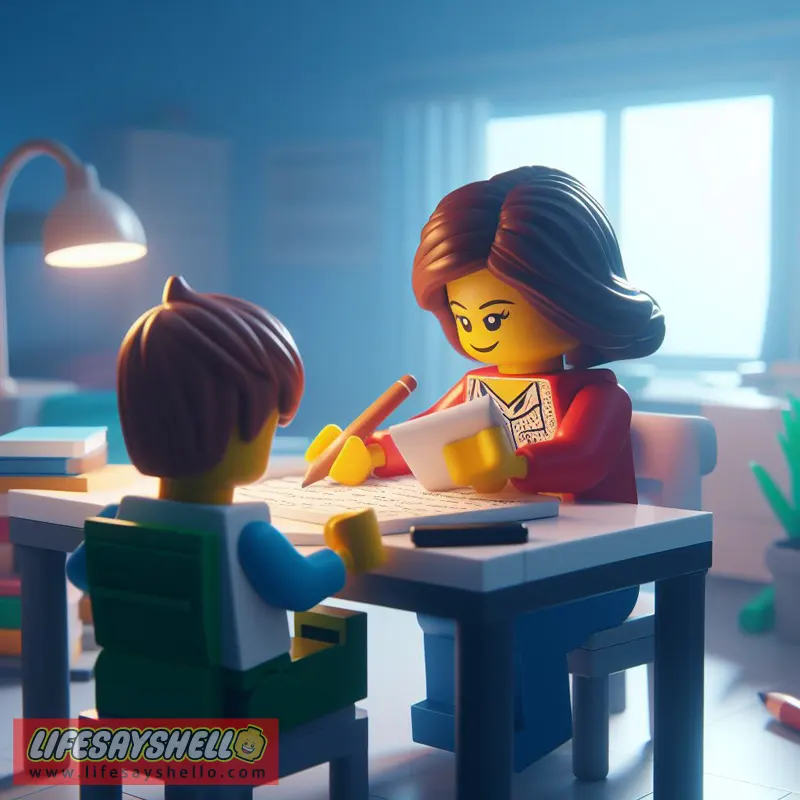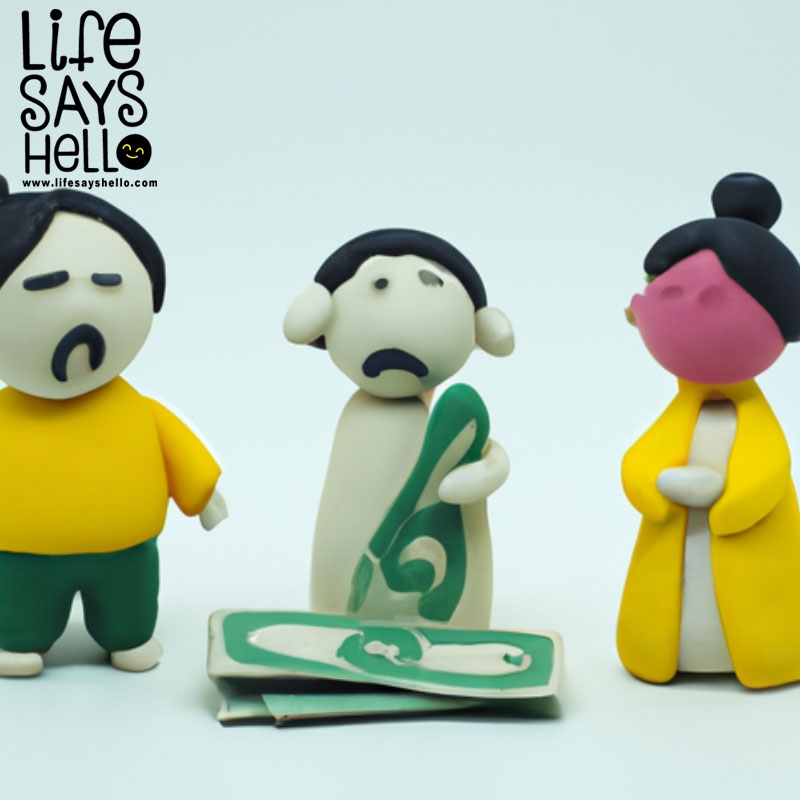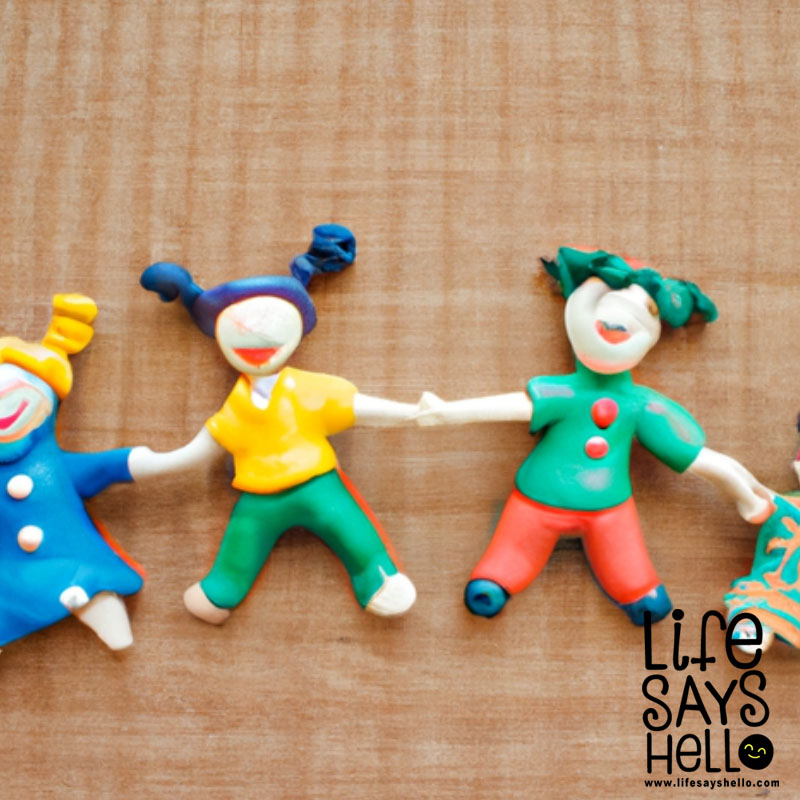The Blessings and Burdens: How Single Parenting Shapes Children's Lives

Raising kids is hard work, but doing it solo as a single parent brings unique challenges. While single parenting can impact children in both positive and negative ways, with the right support system and care, kids can thrive under any family structure. In this in-depth article, we’ll explore the potential effects of single parenting on child development and outcomes.
Single parent families are increasingly common, making up over 25% of households with children in the US. As these numbers rise, it’s important to understand how growing up with one parent at home shapes a child’s trajectory. Research shows single parenting correlates with higher risks of poverty, mental health problems, lower education levels, and risky behaviors in kids. However, many successfully-raised adults also grew up in single parent homes, showing positive outcomes are very possible.
Single Parenting Often Means More Hardship
One major challenge single parents face is financial. Raising a child as a solo parent can be expensive, and without a second income, single parent households are more likely to live below the poverty line. Growing up poor can negatively impact children in many ways:
It can disrupt healthy brain development, especially in early childhood. Key regions like the hippocampus can be smaller in kids from low-income families.
Kids in poverty are more likely to have physical health problems like asthma, heart conditions, or diabetes. Environmental factors, lack of healthcare access, and stress take a toll.
Mental health disorders including depression, anxiety, ADHD, and behavior problems are more common among poorer children. Therapeutic treatment is often unattainable.
Educational trajectories are often shorter, with higher dropout rates. College attendance is lower too, perpetuating the cycle of poverty.
Impoverished kids are more likely to end up in the child welfare system or have trouble with the law. They may also face unemployment as adults.
For single moms especially, depression and lack of social support are common struggles. Without a partner to share the load, parenting solo with limited funds can be isolating and emotionally taxing.
More Behavioral Challenges May Emerge
On top of financial hurdles, kids of single parents are more prone to emotional and behavioral problems according to research.
Aggression, defiance, tantrums, and acting out are more frequently reported in kids from single parent homes.
Engaging in high-risk behaviors like substance abuse, delinquency, or early sexual activity is also more likely.
Boys raised by single moms seem especially susceptible to externalizing and aggressive behaviors. They’re also more likely to be suspended from school.
The lack of a same-gender parent as a role model likely plays a part. Additionally, the stress of a sole parent spread thin trying to play both roles probably contributes.
While concerning, it’s important to note these are just general tendencies, not certainties. Plenty of well-adjusted kids are raised in single parent homes. But statistically, the risks of emotional and behavioral problems seem to be higher.
With Support, Kids Can Still Thrive
Despite the sobering statistics, the outlook for children of single parents is absolutely not hopeless. While risks may be higher, with concerted effort and support, these kids can grow into happy, healthy, successful adults.
Maintaining open communication, setting routines, and making kids feel secure can go a long way. Let them know they are loved.
Building a network of extended family, friends, or support groups helps lighten the parental load. Don’t try to do it all alone.
Seeking counseling or therapy at any point provides professional guidance on managing behavioral issues or emotional adjustments.
Being mindful when starting new romantic relationships helps minimize disruption for kids.
While single parenting presents very real challenges, a strong support system, stability, and extra care from the parent can mitigate the risks substantially. At the end of the day, what matters most is that the child feels loved, secure, and empowered to reach their full potential.




Comments